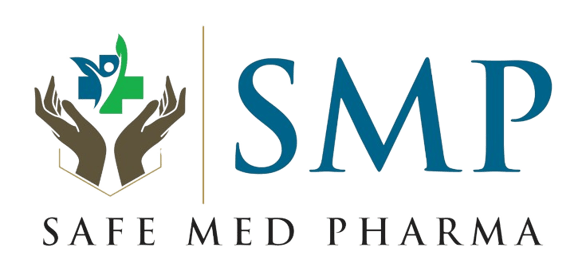Anti-HIV/Antiviral Medicine
PRODUCT


Introduction
HIV (Human Immunodeficiency Virus) is a virus that attacks the immune system, specifically the CD4 cells (T cells), which are crucial in fighting off infections and diseases. HIV can lead to acquired immunodeficiency syndrome (AIDS) if left untreated. In addition to HIV, there are other viral infections such as HCV (Hepatitis C Virus) and HBV (Hepatitis B Virus) that also require antiviral medications for treatment. This article aims to provide an overview of these viruses, their causes, and some commonly used medications for their treatment.
HIV
HIV is primarily transmitted through unprotected sexual intercourse, sharing needles or syringes with an infected person, or from mother to child during childbirth or breastfeeding. It can also be transmitted through blood transfusions or organ transplants, although these modes of transmission are now rare in developed countries due to stringent screening procedures.
Common Symptoms of HIV
Many individuals infected with HIV may not experience any symptoms for several years. However, some common symptoms include:
- Fever
- Fatigue
- Swollen lymph nodes
- Sore throat
- Rash
- Headache
- Muscle and joint pain
Antiviral Medications for HIV
Antiviral medications are used to suppress the replication of the HIV virus, slow down the progression of the disease, and prevent the transmission of the virus to others. Some commonly used antiviral medications for HIV include:
- Emtricitabine/Tenofovir (Truvada)
- Raltegravir (Isentress)
- Dolutegravir (Tivicay)
- Abacavir/Lamivudine (Epzicom)
- Lopinavir/Ritonavir (Kaletra)
HCV
HCV is a bloodborne virus that primarily infects the liver. It is most commonly transmitted through contact with infected blood, such as sharing needles or syringes, receiving contaminated blood transfusions, or through sexual contact with an infected person.
Common Symptoms of HCV
Similar to HIV, many individuals infected with HCV may not experience any symptoms for years. However, some common symptoms include:
- Fever
- Fatigue
- Loss of appetite
- Nausea
- Abdominal pain
- Dark urine
- Jaundice (yellowing of the skin and eyes)
Antiviral Medications for HCV
The treatment for HCV has significantly advanced in recent years, with the introduction of direct-acting antiviral medications (DAAs). These medications have high cure rates and fewer side effects compared to older treatments. Some commonly used antiviral medications for HCV include:
- Sofosbuvir (Sovaldi)
- Daclatasvir (Daklinza)
- Ledipasvir/Sofosbuvir (Harvoni)
- Velpatasvir/Sofosbuvir (Epclusa)
- Glecaprevir/Pibrentasvir (Mavyret)
HBV
HBV is a viral infection that primarily affects the liver. It is transmitted through contact with infected blood or other body fluids, such as unprotected sexual intercourse with an infected person, sharing needles or syringes, or from mother to child during childbirth.
Common Symptoms of HBV
Similar to HIV and HCV, many individuals infected with HBV may not experience any symptoms initially. However, some common symptoms include:
- Fever
- Fatigue
- Loss of appetite
- Nausea
- Abdominal pain
- Jaundice (yellowing of the skin and eyes)
Antiviral Medications for HBV
The primary goal of antiviral treatment for HBV is to reduce liver inflammation, prevent liver damage, and decrease the risk of complications. Some commonly used antiviral medications for HBV include:
- Tenofovir (Viread)
- Entecavir (Baraclude)
- Lamivudine (Epivir)
- Adefovir (Hepsera)
- Telbivudine (Tyzeka)
Conclusion
Antiviral medications play a crucial role in the management and treatment of viral infections such as HIV, HCV, and HBV. It is essential to diagnose these infections early and initiate appropriate treatment to prevent further complications and transmission. The medications mentioned in this article are just a few examples of the many available options and should only be taken under the guidance of a healthcare professional. If you suspect you may be infected with any of these viruses, it is important to seek medical advice for proper diagnosis and treatment.
